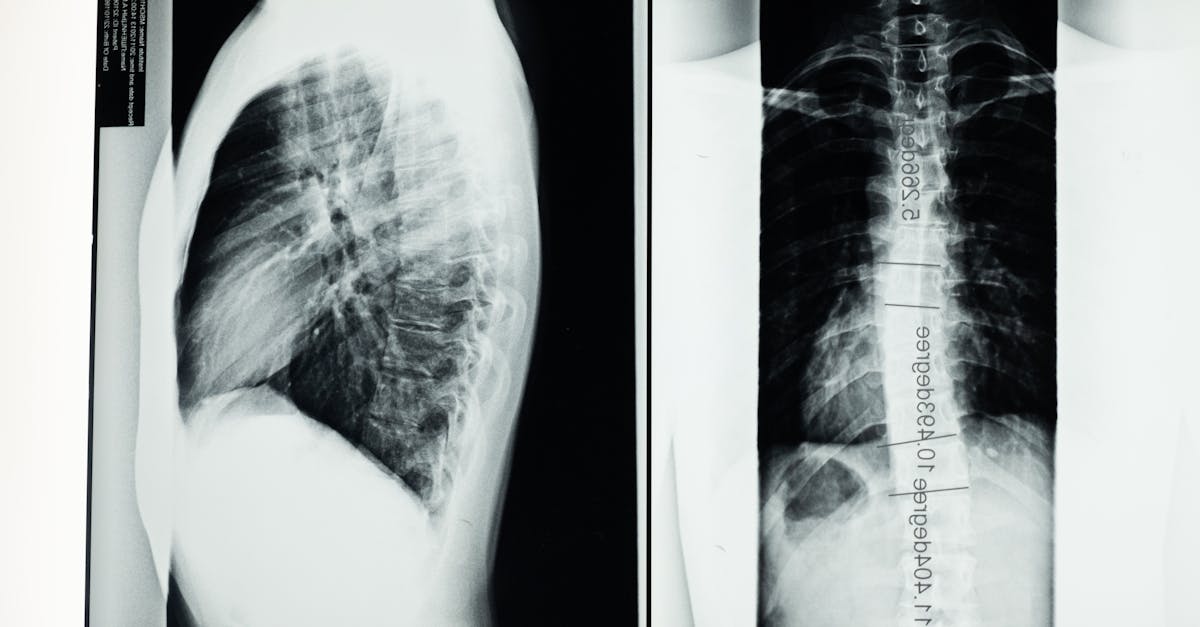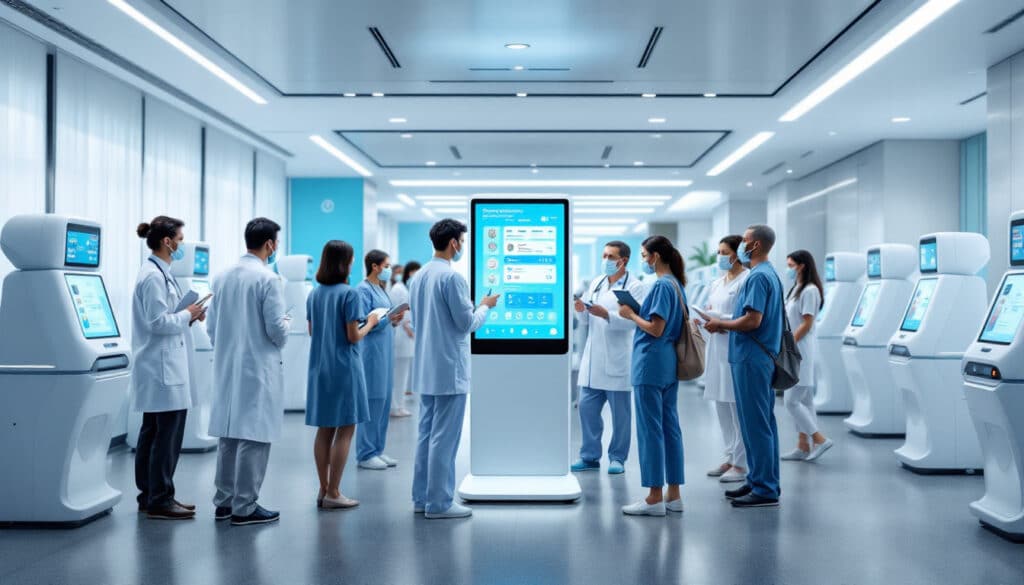The modernization of medical image exchange system in South Korea is part of a dynamic of advanced digitalization which is transforming the healthcare landscape. This country, recognized for its pioneering role in e-health, implements innovative solutions aimed at ensuring a more fluid and efficient circulation of medical data. These initiatives generate considerable benefits, both for healthcare professionals and patients, by improving the quality of care and facilitating access to precise diagnoses. At the same time, South Korea is striving to strengthen its position as a leader in the field of medical technologies, integrating digital advances to optimize care processes.
|
IN BRIEF
|
South Korea is at the forefront of innovation, particularly in the medical sector where it is implementing a modernization significance of its image exchange system. Thanks to a advanced digitalization, the country is improving the efficiency of its health services, thus facilitating diagnosis and medical monitoring. This development positions South Korea as a global leader in digital health technology.
An evolving image exchange system
The medical image exchange system in South Korea has long faced challenges, particularly regarding accessibility and the synchronization data between different health establishments. However, the implementation of digital solutions makes it possible to resolve these problems by promoting interoperability increased. Healthcare professionals can now share, view and analyze medical images instantly, regardless of their location.
The benefits of digitalization in the health sector
The digitalization of medical image exchange systems brings significant benefits. First, it reduces waiting times for data processing. THE diagnostics can be established more quickly, which improves patient care. In addition, this technological advance also makes it possible to reduce medical errors related to the management of physical documents, making the process more secure and reliable.
The role of artificial intelligence (AI)
The integration of theartificial intelligence in image exchange systems also contributes to this modernization. AI tools analyze medical images and can already detect anomalies with impressive precision. This allows doctors to supplement their expertise with assisted analyses, thus making the diagnostic process even more efficient.
Implications for healthcare professionals
With this transformation, healthcare professionals must adapt to a new digital environment. This includes training in the use of new technologies and the adoption of practices oriented towards digital. Doctors, nurses and laboratory technicians are thus better equipped to take advantage of the innovative tools offered to them, which is crucial for quality of care.
A vision for the future of health in South Korea
South Korea is committed to becoming a center of excellence in digital health. With massive investments in cutting-edge technologies, the country aims to not only modernize its existing infrastructure but also develop solutions that meet the needs of patients across the world. This includes the use of image sharing platforms and tele-health, making care more accessible even in rural areas.
The impact on the medical device market
This modernization is not limited to the digitalization of medical images. The medical device market in South Korea, estimated at 8 billion euros in 2022, is also under the influence of this digital transformation. Innovative companies are taking advantage of this dynamic to develop technologies adapted to the requirements of the new system.
Companies such as EOS, which recently achieved Innovative Technology status after receiving AMM in the United States and Japan, bear witness to this rapid evolution. Ongoing digitalization paves the way for a future where health technologies will not only be more advanced, but also more accessible to all.
Vous désirez apprendre comment mieux maîtriser des outils numériques ?
— Ministère de la Digitalisation (@MinDigital_LU) April 26, 2024
Le ministère de la #Digitalisation vous invite au #Salon de l’#InclusionNumérique le 📅17.05 de ⏰ 13h30 à 18h au 📍Forum Geesseknäppchen.
👉 Retrouvez toutes les informations ici : https://t.co/9Eb0DNWN30 pic.twitter.com/PsHtUC113O
There South Korea positions itself as a leader in the field of health thanks to modernization significant of its system of exchange ofmedical images. This process of digitalization advanced allows better management of medical data, facilitating access to precise and rapid diagnoses. By integrating cutting-edge technologies, the country is able to automate and streamline the sharing of images between different healthcare stakeholders, such as hospitals, clinics and specialists.
The implementation of digital solutions not only promotes treatment efficiency, but also interdisciplinary collaboration. Healthcare professionals can now instantly access imaging data, regardless of their place of work. This interoperability creates an environment conducive to innovation and continuous improvement of care. Additionally, the adoption of intelligent platforms for image exchange also contributes to the reduction of medical errors, thereby enhancing patient safety.
Furthermore, the digitalization exchanges of medical images has a positive impact on the training and education of future health professionals. Students can familiarize themselves with digital tools and learn how to use them effectively right from their studies. This helps prepare the new generation for increasingly technology-driven medicine, making the health sector even more promising.
Finally, this digital transformation is part of a broader vision ofdigital economy South Korean, where connected health is becoming an essential pillar. Investments in information and communication technologies, as well as government initiatives, demonstrate this desire to accelerate digital transition in all sectors, including medical devices. This dynamic places the South Korea at the forefront of solutions smart health, illustrating its commitment to the future of digital medicine.














